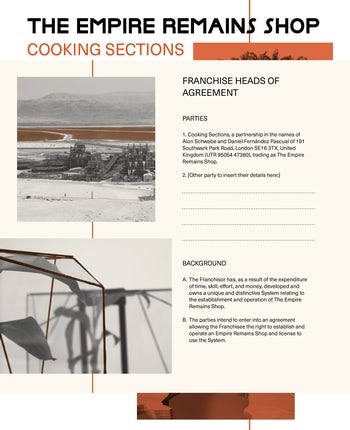Fugitive Remains: Soil, Celluloid and Resistant Collectivities
(2)

In this roundtable seminar we shift our gaze from the infrastructures and cultural imaginaries enacted by British colonialism to broader relations between colonialism, cultivation (cultural and agricultural) and representation across the colonised world, and their lasting legacies in the neo-colonial relations of contemporary neoliberal globalization. In reference to colonial agricultural industries, we turn specifically to the soil, both literally and in the collective imaginary, as the site of exploitation and of resistance. We will consider soil in the context of historical anti-colonial struggles and moments of decolonisation, contemporary alter-globalization and anti-capitalist formations (such as ecological movements and agricultural cooperatives), and the promise of future collectivities. We are interested in the practices of representation, above all (but not limited to) ecologies of the moving image, and the role of aesthetics—both historically and currently—within ‘fugitive’ practices.
The panel of artists, activists and theorists will explore the connective tissues between soil and celluloid, in both their materiality and metaphoricity, and the importance of the soil to what we might call ‘cine-geographies’. Questions to be addressed include, but are not limited to: How to ‘activate’ or ‘re-wild’ the fragilities and potentialities of colonial remains—be these scarred landscapes or dissonant archival film material—for our present moment? Between soil, celluloid and political struggle, what assemblages might be (re-)animated? What forms of non-hierarchical human/non-human community and collectivity might these give rise to? How can film-making practices align with those of permaculture in the creation of ecosystems and networks, and in the roles assigned to marginal plants/images? From the plundering accumulation of colonialism to the primitive accumulation of capital, what might be alternative economies and relations to the soil and the image? What are the political ecologies of the audio-visual, and how might this relate to contemporary ideas of the ‘commons’ and/or ‘undercommons’? What nascent ecologies of knowledge—derived from local and ‘minor’ practices, submerged histories and memories of the land and soil—can be unearthed?
Location
London,UK
Cooking sections
Filipa César, Ros Gray, Raphaël Grisey, Shela Sheikh, Bouba Touré, Nicole Wolf








